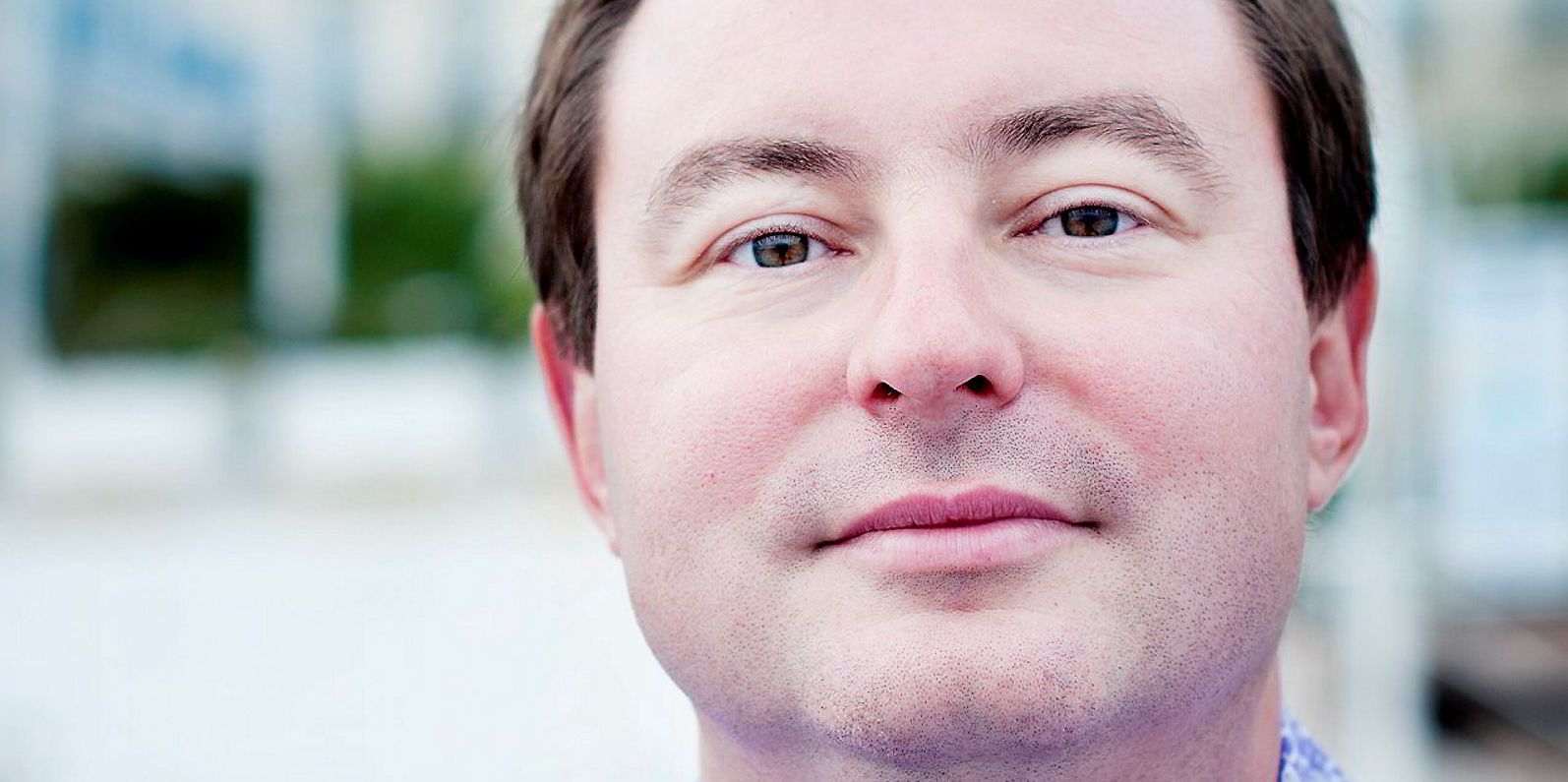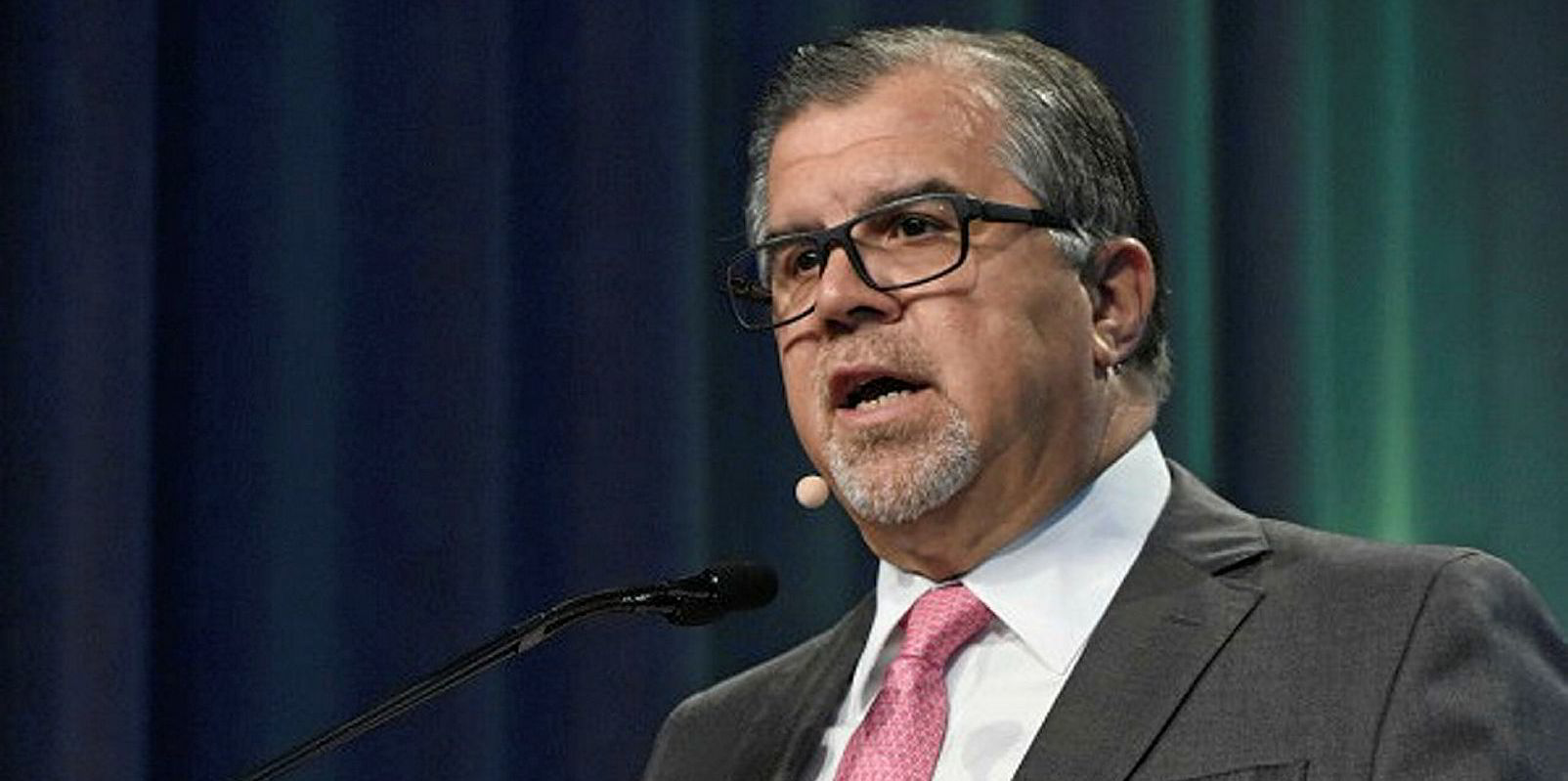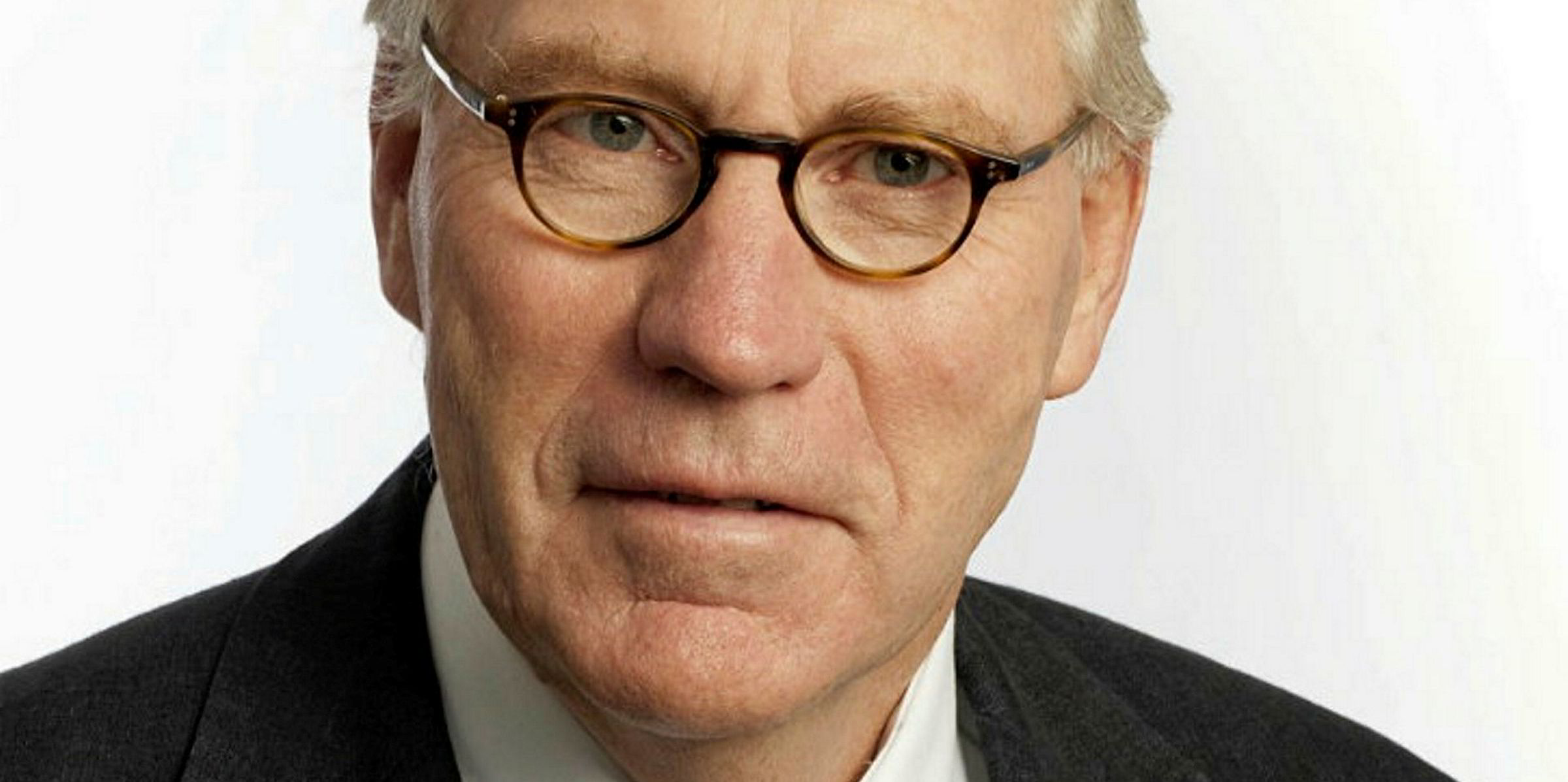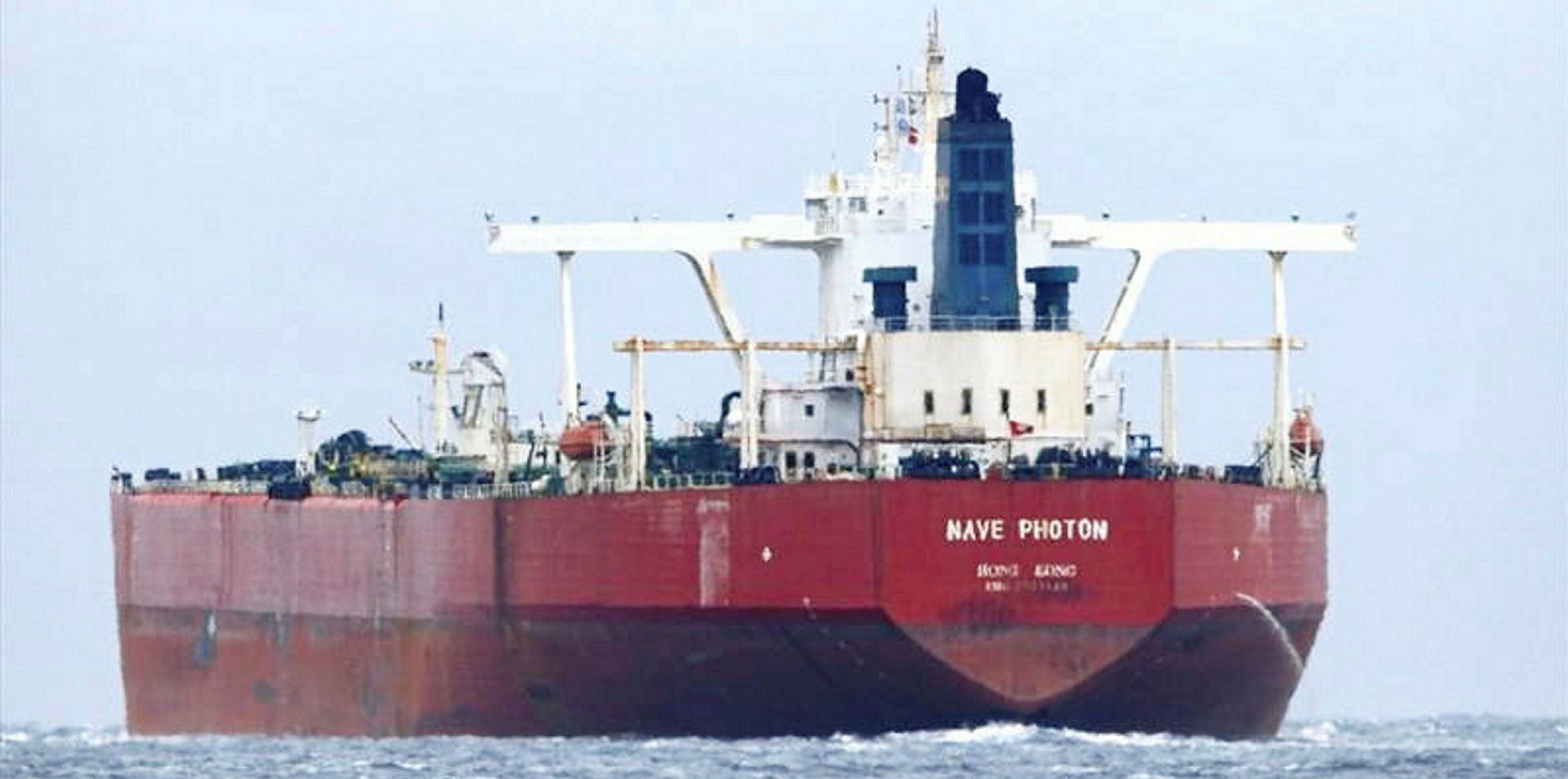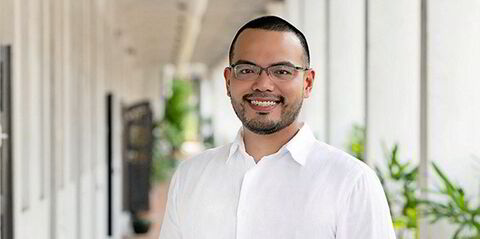Exiled Oslo Marine Group (OMG) owner Vitaly Arkhangelsky will have another chance to pursue his $467m counterclaim against Bank of St Petersburg (BSP) after the UK Court of Appeal ordered a retrial.
Sir Geoffrey Vos, chancellor of the High Court, issued a reluctant but devastating criticism of the trial judge in the case, finding that Justice Robert Hildyard had set too high a standard of proof in assessing the Russian shipowner's allegations of a Russian state-backed conspiracy against him.
The ruling comes after a 2018 decision by Hildyard finding Arkhangelsky liable, in a 390-page judgment, for loan guarantee defaults in the highly complex case that involved a 46-day trial two years earlier.
The lender will still be allowed to recover RUB 1.8bn ($22.7m) from Arkhangelsky, described by BSP as the "ultimate chancer", as that verdict was not appealed. But another trial will now take place over the shipowner's $467m counterclaim that BSP illegally appropriated OMG's assets in 2009.
Standard of proof too high
"I would allow the appeal on the grounds that the judge applied too high a standard of proof, created inconsistencies within his decision, and failed adequately to stand back from his sequence of factual findings so as to consider them as a whole," Vos said of the challenge to the counterclaim.
"Those conclusions ... render the judge's ultimate conclusion that there was no actionable dishonest conspiracy by the respondents to cause the appellants harm ... unsafe."
The Russian shipowner's wife, Julia, was cleared over the defaults.
In the lower court decision, Hildyard had pointed to misgivings that the full truth had not emerged and refused to brand the Russian businessman's claims as pure fiction.
Vos said in the new judgment that the judge injected some uncertainty into his findings.
This is because Hildyard had said he rejected the counterclaims, not as a dishonestly contrived fiction, but because they had "not been established having regard to the strength of the evidence that was necessary to discharge the burden of proof".
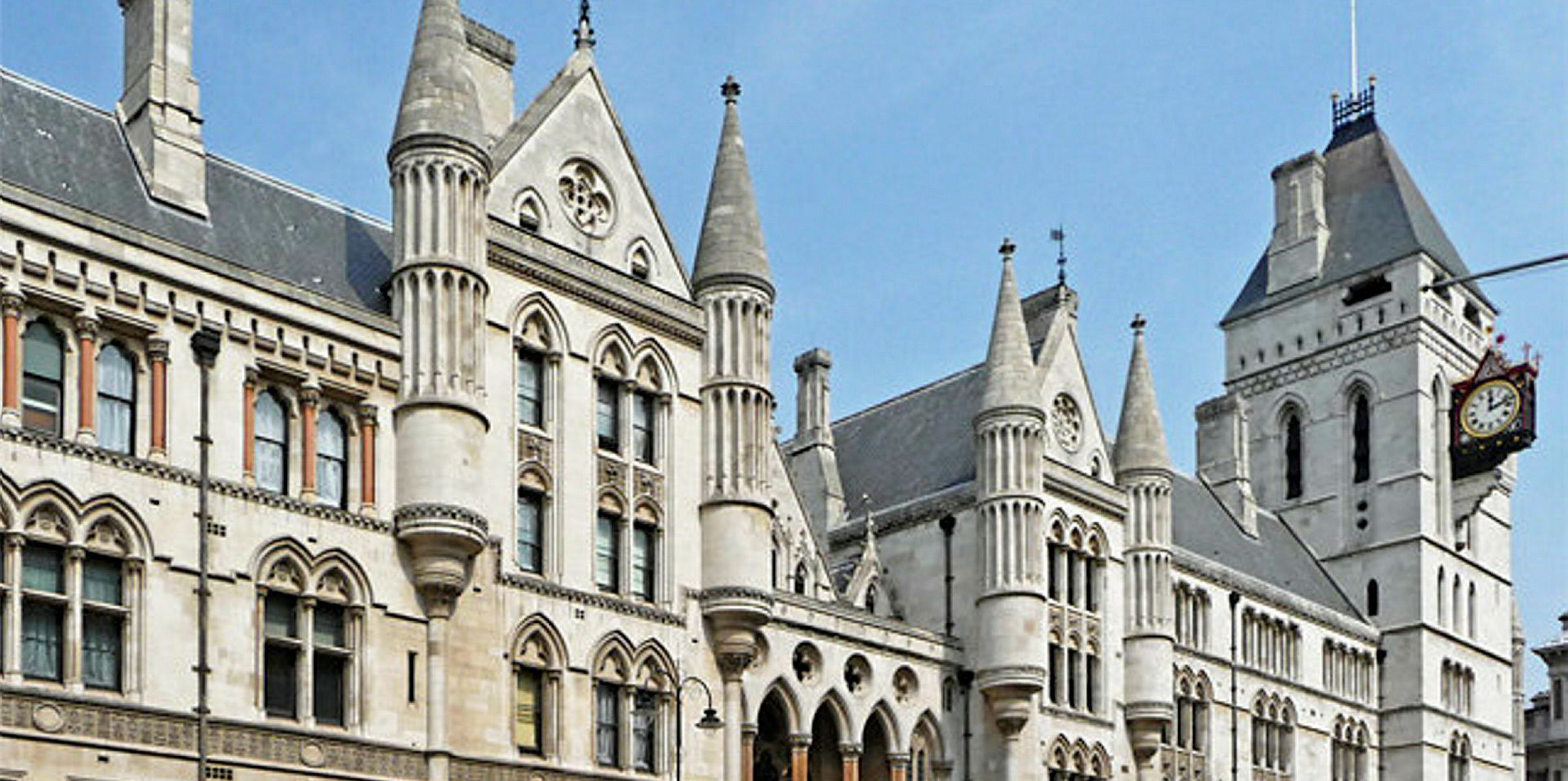
In his 2018 ruling, Justice Robert Hildyard had listed 10 features of the case that had encouraged his misgivings over Bank of St Petersburg (BSP)'s case, even as he rejected Oslo Marine Group (OMG) owner Vitaly Arkhangelsky's counterclaims. They included:
- The continuing denial by the bank and by its chairman, Alexander Savelyev, of the fact that at least most of the Renord-Invest group companies that acquired Arkhangeslsky's seized assets were almost certainly owned or controlled by BSP and Savelyev.
- The signs that the bank was able to call upon the police and regional authorities to assist them to take possession of OMG's Western Terminal in circumstances that smacked of intimidation and abuse of position.
- The resignation of deputy bank chairwoman Irina Malysheva and the lack of evidence from her in the case, despite being a principal actor in the events.
- The "chorus of plainly false evidence" that Malysheva orchestrated as part of criminal and other related proceedings in Russia.
- The "extraordinary fact that not a single independent person participated in any of the auctions [at which the appellants' assets were sold], leaving the only participants as entities subject to common control [with the bank]".
- The fact that there have been numerous examples of state-orchestrated or assisted "raids" in the Russian Federation, of which there are at least disconcerting echoes in this case.
But as Hildyard threw out the counterclaims, he said he had a "nagging and discomfiting" feeling that the "the evidence by which alone the case is to be decided may not have revealed the whole truth". The lower-court judge had given a litany of reasons for his doubts over the bank's case — misgivings that the appeals judge listed in detail.
In his appeal, Arkhangelsky alleged that Hildyard set too high a bar for dishonesty to be established and adopted a piecemeal approach, which prevented him from standing back to see how his misgivings built up to an irresistible inference of the fraud alleged.
BSP pointed to the OMG owner's dishonest defence of forgery and his persistent denial that he had signed up to the repossession arrangements in the first place. Arkhangelsky had admitted in evidence that he paid $160m in bribes to obtain licences for the acquisition and development of his port businesses.
"This judgment cannot possibly address all the facts and issues that the judge dealt with in his 390-page judgment," Vos said.
But he addressed the question of whether a very experienced High Court judge had allowed himself to stray from applying the correct standard of proof.
And he said: "I have concluded, I am afraid, without hesitation that he did.
"There are indications throughout his findings of fact on the counterclaim that he was, as the appellants submit, applying too exacting a standard."
He added that the appellants faced the difficulty that they relied on proof of the inherently improbable, despite the judge saying the respondents had behaved in a wholly dishonest manner and committed multiple incidents of perjury before him.
'Simply wrong'
The judge's statement that the shipowner's "burden of proof that could only be discharged by showing the facts to be incapable of innocent explanation" was simply wrong.
"He seems, in my judgment, to have lost sight, in relation to these important events, of the true standard of proof, namely what explanation was more probable than not, having taken account of the nature and gravity of the allegation," Vos added.
Hildyard's judgment was affected by inconsistencies, and a failure to consider how the extraordinary facts that he had found at one stage affected the likelihood of Arkhangelsky's allegations at a later stage, the appeals court judge said.
Tribute paid to judge
But he nevertheless paid tribute to Hildyard's logical and comprehensive judgment.
"It is remarkable for the evidence that it provides of the judge's sheer hard work. It is easy to be critical. Judgments look very different through the lens of an appellate court," he added.
Arkhangelsky had been fighting to regain control of Scandinavian Insurance and two St Petersburg terminals seized by the bank in the long-running legal dispute.
He later fled to Nice in the south of France.
The shipping and insurance entrepreneur, whom Russia had twice sought to have extradited from France on fraud charges, argued that he was the victim of political persecution by authorities.
OMG also included Vyborg Shipping — a firm that bareboat-chartered three general cargoships to move timber, and had plans to fix seven more vessels and order a fleet of 10 newbuildings.
Financial crisis hit
However, BSP took over OMG’s port assets under repossession and loan-guarantee contracts secured in December 2008 after extended loans to develop various businesses within the group came to term unpaid during the continuing financial crisis.
BSP then sold the terminals at relatively low prices in auctions over the second half of 2009.
Arkhangelsky claims the terminals were sold to companies linked to the bank’s senior managers after the bank defaulted on a six-month moratorium on loans.
He also alleges he did not agree to several of the repossession deals, or that they were forged.
But Hildyard ruled he had signed the documents and added that his general impression of Arkhangelsky was as a buccaneer whose confidence in his own abilities and determination to succeed caused him to take risks.
The judge said that, in the war between the parties, all sense of commercial reasonableness was lost on both sides. In the case of BSP, he said the bank "determined to, and did, opportunistically and in some respects ruthlessly, pursue their own commercial objectives without any regard to anything more than formal compliance with their obligations under Russian law, and have personally profited in the result".
